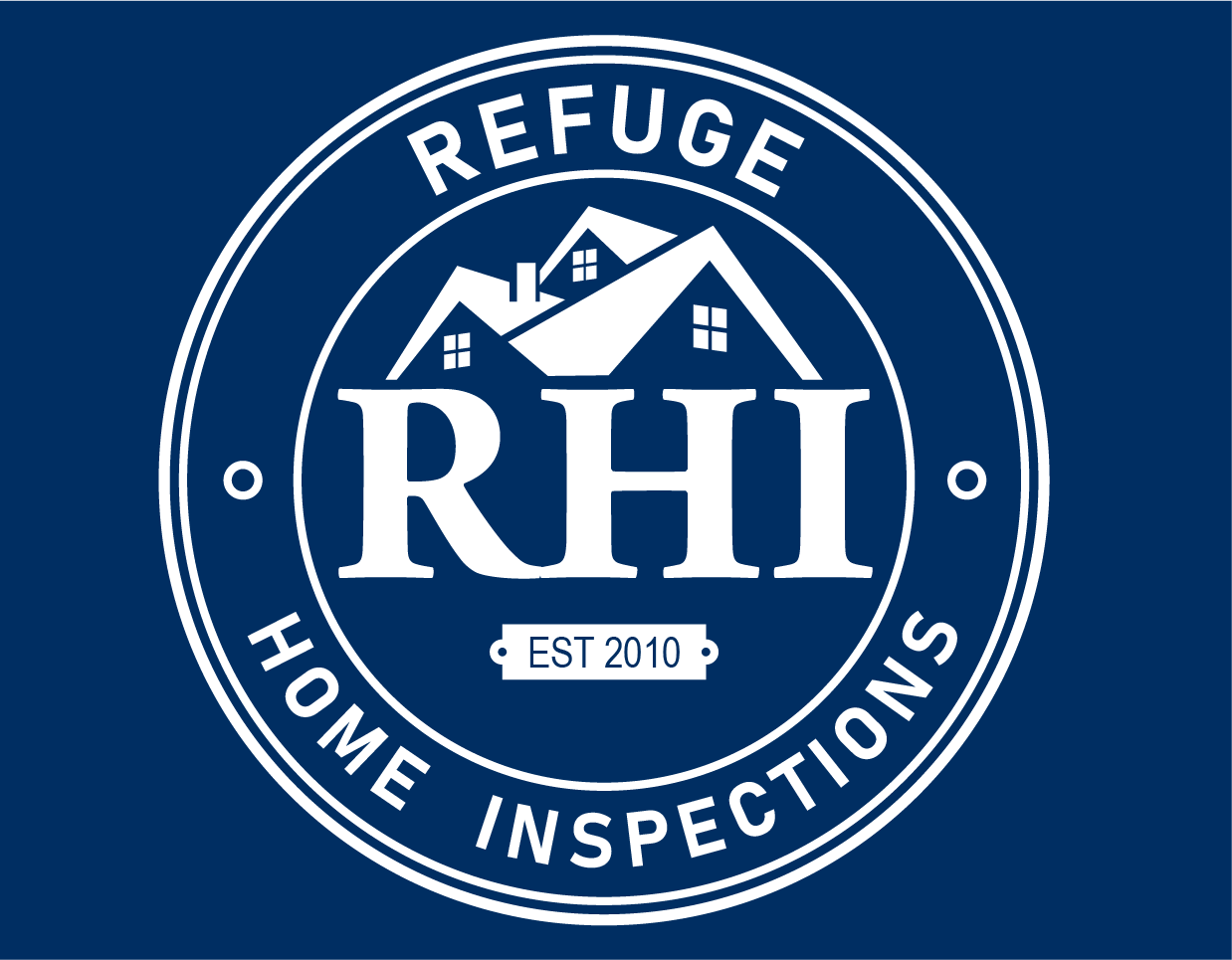Manufactured homes, also known as mobile homes, offer an affordable and convenient housing solution for many Americans. To ensure the safety and structural integrity of these homes, the U.S. Department of Housing and Urban Development (HUD) has established strict guidelines for foundation inspections.

RHI Home Inspections knows the importance of foundation inspections for manufactured homes, the requirements set forth by HUD, and the benefits of adhering to these regulations. This is the reason RHI now offers this foundation inspection as our newest service.
The Importance of Foundation Inspections
The foundation serves as the backbone of any structure, and manufactured homes are no exception. A sound foundation is crucial to the overall stability and longevity of the home. Foundation issues can lead to various problems, including structural instability, moisture intrusion, and compromised safety for the occupants.
As manufactured homes are often placed on piers or blocks, their foundations differ from those of traditional site-built homes. The unique nature of manufactured home foundations necessitates specialized inspections to ensure they meet HUD’s stringent standards.
HUD’s Foundation Inspection Requirements
HUD has established a set of guidelines for the inspection and installation of manufactured home foundations, outlined in the Permanent Foundations Guide for Manufactured Housing (PFGMH). These requirements apply to both new installations and retrofits of existing foundations.
Engineer’s Certification: The foundation must be certified by a licensed professional engineer to confirm its compliance with HUD’s standards. This certification ensures that the foundation can withstand the loads imposed on it and will provide adequate support for the manufactured home.
Compliance with Local Codes: The foundation must meet not only HUD’s requirements but also any relevant state and local building codes. This is essential to ensure the home is built to withstand regional weather conditions and seismic activity.
Tie-Down and Anchoring Systems: The manufactured home must be securely anchored to the foundation to prevent movement during severe weather or seismic events. Proper tie-down and anchoring systems are vital for the safety of the occupants.
Frost Line Protection: In colder regions, the foundation must be designed to protect against frost heaving, which can lead to structural damage.
Proper Ventilation and Access: Adequate ventilation and access to the foundation are required to prevent moisture buildup, which can cause rot and other issues.

The Benefits of Compliance
Complying with HUD’s foundation inspection requirements brings several benefits for both homeowners and the broader community:
Safety: Ensuring that the foundation meets HUD’s standards enhances the safety and stability of the manufactured home, protecting the occupants from potential hazards.
Insurance and Financing: Many insurance companies and financial institutions require a valid engineer’s certification before providing coverage or financing for a manufactured home. Compliance can streamline these processes.
Resale Value: A properly certified foundation can increase the resale value of the manufactured home, as potential buyers will have confidence in the property’s quality.
Legal Compliance: Non-compliance with HUD’s foundation standards may lead to legal issues and potential fines, which can be avoided by adhering to the regulations.
Foundation inspections for manufactured homes are a critical aspect of ensuring safety, stability, and quality for homeowners and occupants. By following HUD’s guidelines and obtaining an engineer’s certification, homeowners can rest assured that their manufactured homes are built on a solid foundation.
Compliance not only offers peace of mind but also contributes to the overall longevity and value of the property. Remember, safety should always be the top priority when it comes to housing, and adhering to HUD’s foundation inspection requirements is a step in the right direction.
